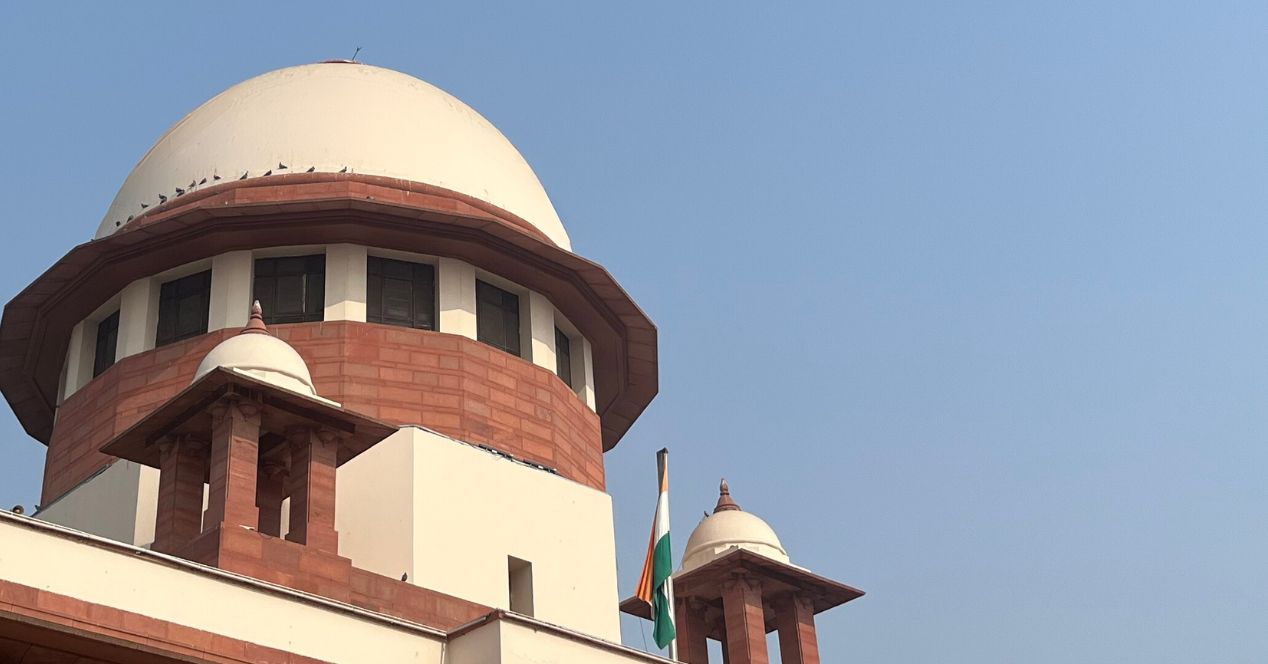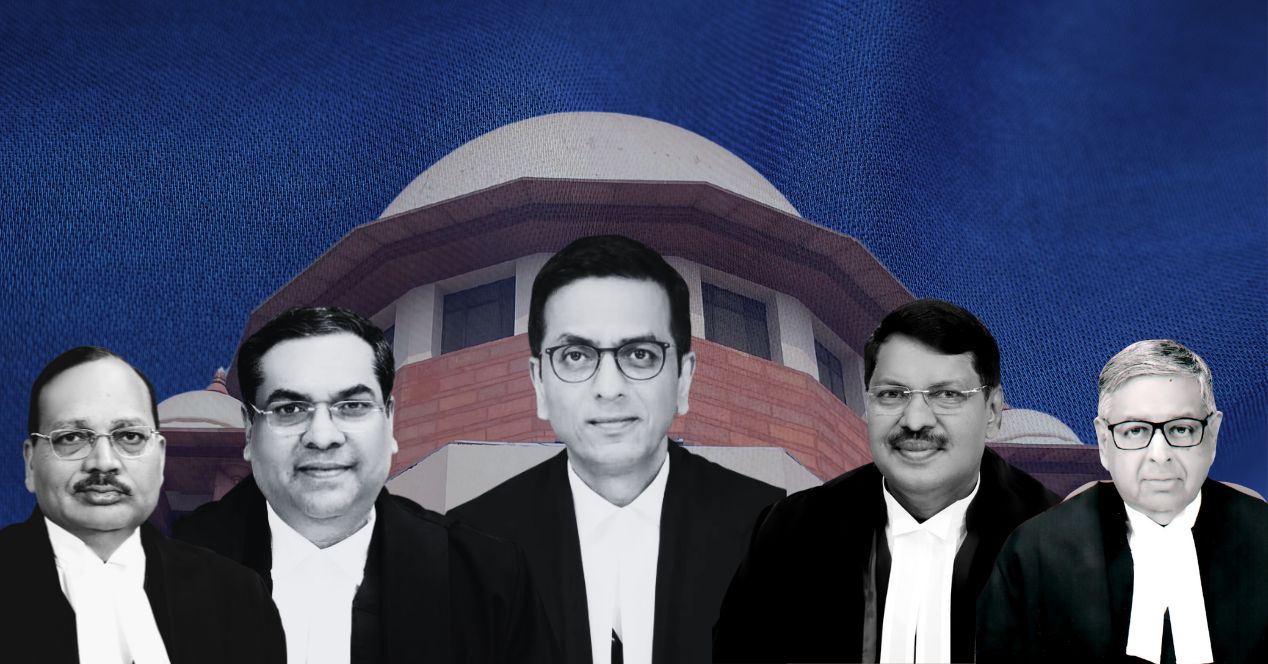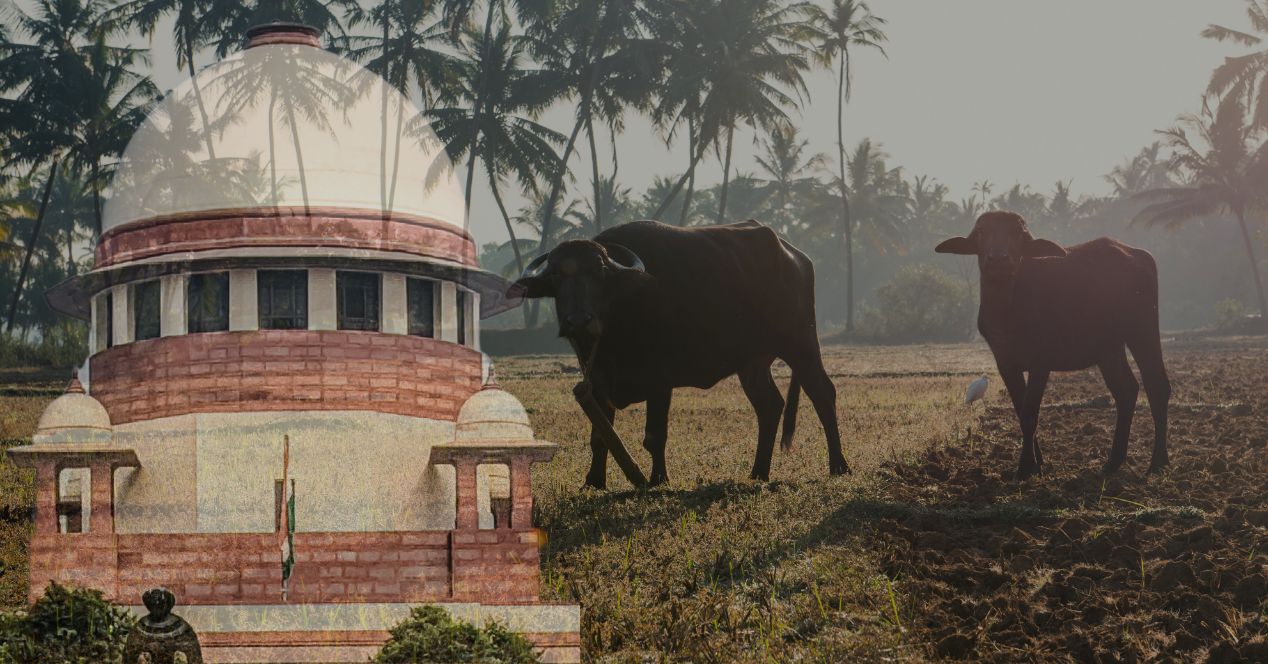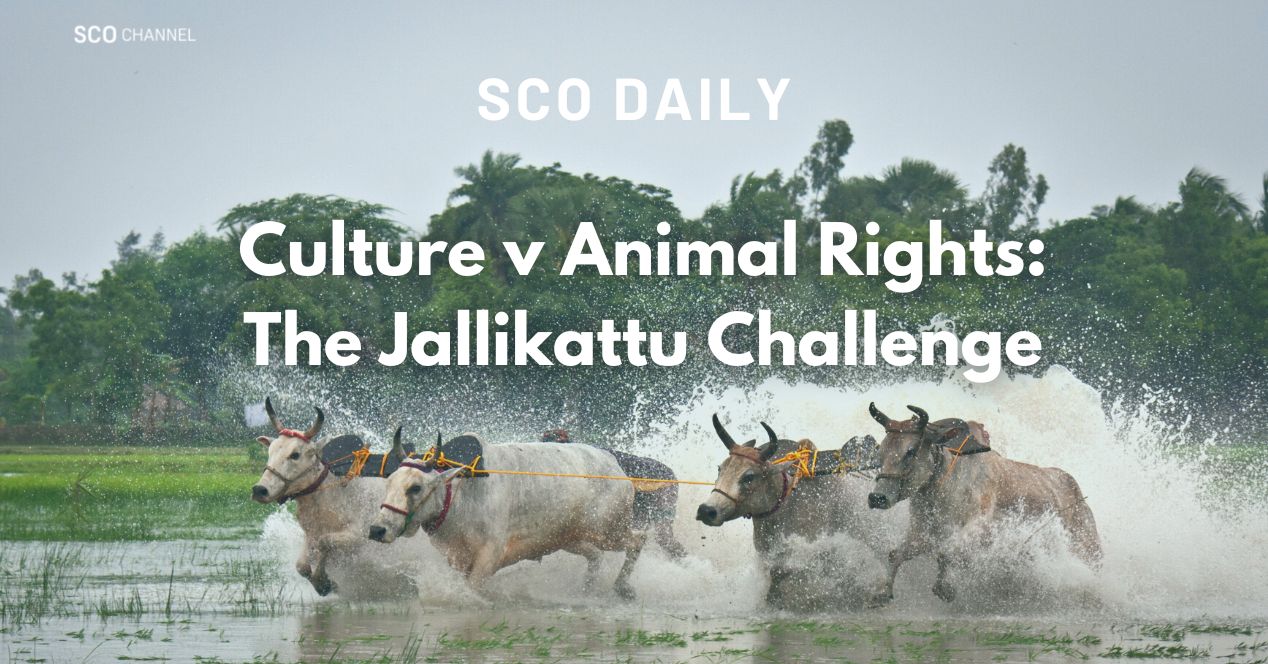Analysis
Justice Aniruddha Bose’s Notable Judgements
During his five-year tenure at the Supreme Court, Justice Bose was part of several Constitution Benches that delivered crucial judgements
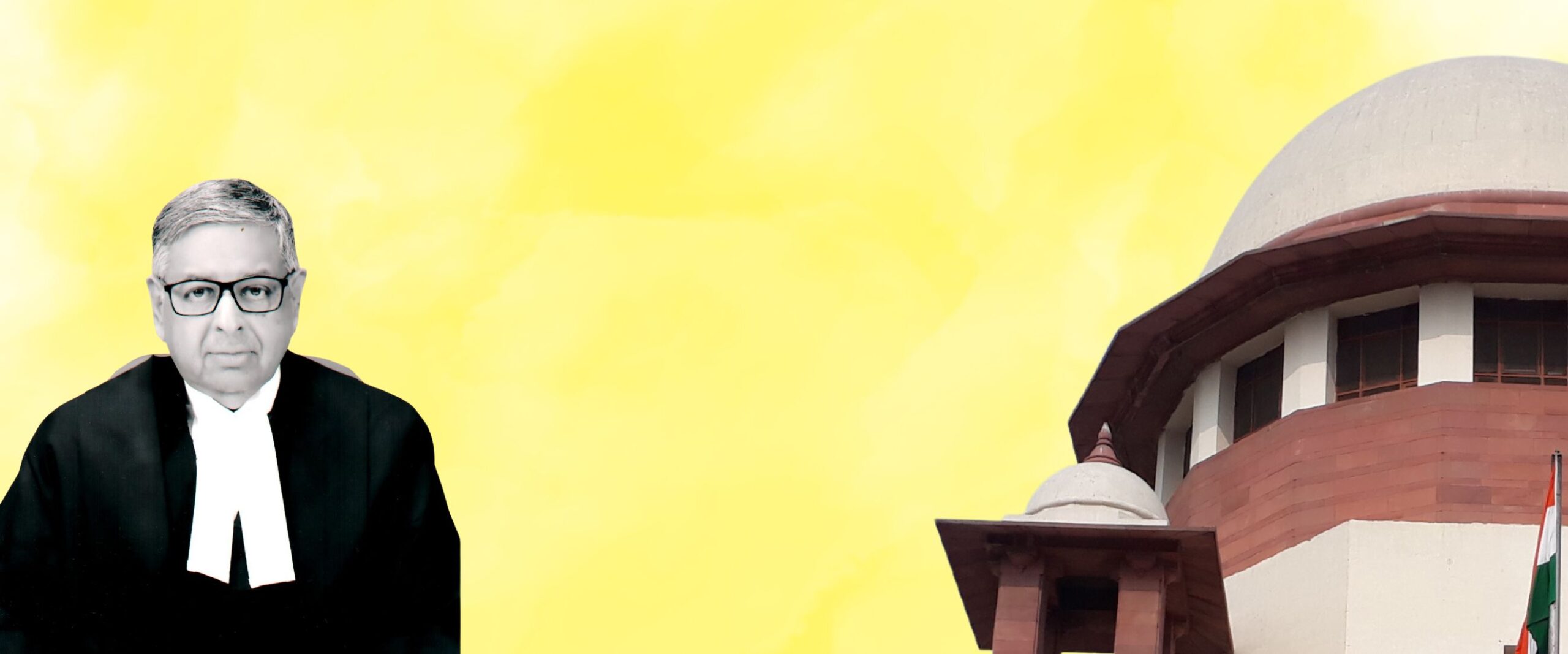
Justice Aniruddha Bose retires on 10 April 2024 after a tenure of nearly five years at the Supreme Court. During his time, he was a part of 378 benches and authored 66 judgements.
He was a part of several Constitution Bench matters. These include the revision of guidelines for passive euthanasia, the challenge to the appointment of members to the Election Commission of India, and the constitutionality of Jallikattu and other bull-taming sports.
Challenge to the practice of Jallikattu
On 18 May 2023, a five-judge Constitution Bench unanimously upheld bull-taming practices such as Jallikattu, Kambala and Bailgada Sharyat. The Bench was reconsidering Animal Welfare Board of India v A. Nagaraja (2014) which banned these practices. The states of Tamil Nadu, Karnataka, and Maharashtra then made amendments to the Prevention of Cruelty to Animals Act, 1960 (PCA), and re-permitted the practice.
Justice Bose authored the judgement on behalf of the Bench. He observed that Sections 3 and 11 of the PCA only punish infliction of “unnecessary pain and suffering” and “cruelty” respectively. The states’ amendments to the PCA, he wrote, minimised the pain, suffering, and cruelty faced by bulls.
The Bench however refrained from commenting on whether practices like Jallikattu were “cultural practices” under Article 29 of the Constitution. They reasoned that this decision lay within the legislative domain. Read our summary of the judgement here.
Retrospective application of Section 17A of the Prevention of Corruption Act
On 16 January 2024, a Division Bench of the Supreme Court of Justices Bose and Bela Trivedi delivered a split verdict in a case challenging the arrest of former Andhra Pradesh Chief Minister Nara Chandrababu Naidu. Naidu was arrested by the A.P. Crime Investigation Department (CID) for his alleged role in the A.P. Skill Development Scheme introduced in 2014.
Naidu claimed that the A.P. CID did not seek a prior approval from the Andhra Pradesh government as stipulated under Section 17A of the Prevention of Corruption Act, 1988. Section 17A was added through an amendment in 2018. This provision states that if a public servant commits an offence under the Act during the discharging their official duties, investigators must receive prior approval from the Union or state government, or a competent authority to open an inquiry or investigation.
Justice Bose stated that prior approval was necessary even for offences committed before the 2018 amendment, thereby giving the provision a retrospective effect. Justice Trivedi however disagreed. The split decision sent the case back to the Chief Justice to be listed before a different bench. Read the opinions delivered by both judges here.
Presence in Constitution Bench cases
Since his elevation to the Supreme Court, Justice Bose has been a part of several Constitution Bench cases. In his early years, he was a member of the five-judge bench led by former Justice Arun Mishra along with Justices Indira Banerjee, Vineeth Saran and M.R. Shah. This was the first Constitution Bench to assemble virtually during the Covid years on 14 July 2020. The Bench heard a case to decide if states can provide reservation to medical officers with rural experience in post graduate medical Courses.
This Bench also referred the case to determine the validity of creating sub-classifications within reserved categories to a seven-judge bench. In West UP Sugar Mills Association v State of Uttar Pradesh (2020), the Bench held that once the Union had fixed a price for sugarcane, the state did not have the right to do so.
More recently, in 2023, Justice Bose was part of the five-judge Constitution Bench led by former Justice K.M. Joseph. In Anoop Baranwal v Union of India (2023), this Bench set up a three member committee comprising the Prime Minister, Leader of the Opposition and the Chief Justice of India to nominate members of the Election Commission in order to maintain its independence. The same bench has previously revised the guidelines for passive euthanasia and upheld Jallikattu. They also clarified that the Supreme Court 2018 judgement decriminalising adultery did not apply to members of the armed forces.

